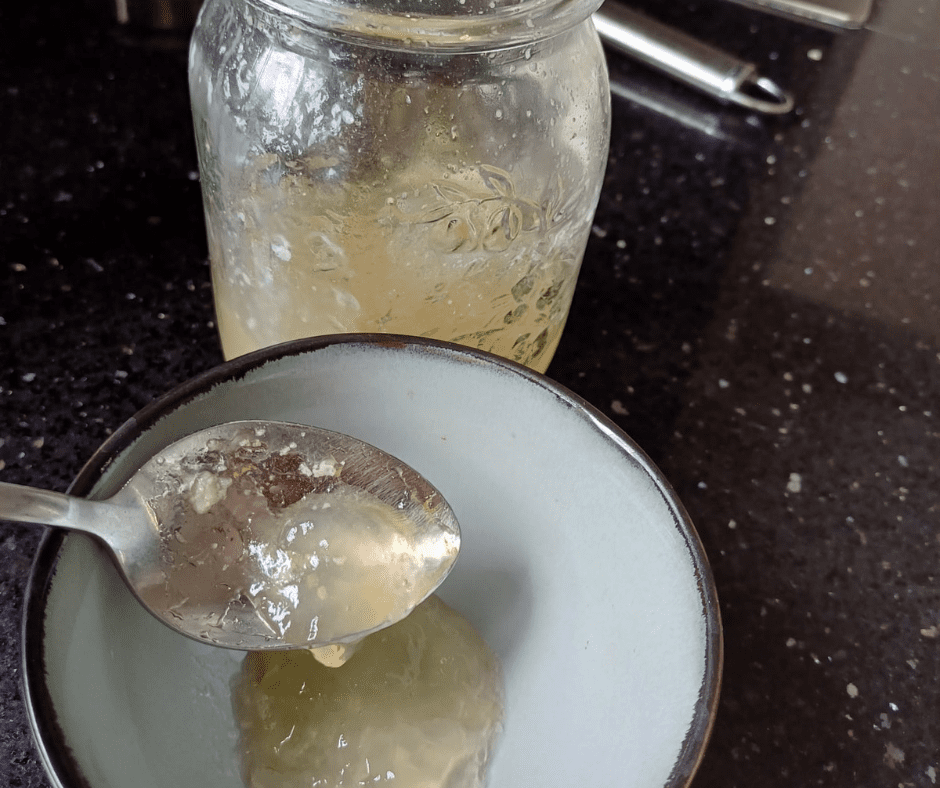Beef Bone Broth: A Simple Recipe and Science-Backed Benefits

Beef bone broth, especially when made from organic bovine bones, has become celebrated as a nutrient-dense, nourishing beverage with ancient roots and promising health benefits. This natural superfood is easy to prepare and is supported by emerging scientific research highlighting its positive effects on digestion, inflammation, joint health, and overall well-being.
Science-Backed Benefits of Bone Broth
1. Digestive Health Support
One of the most well-supported benefits of bone broth lies in its ability to soothe and protect the digestive tract. The gelatin derived from collagen forms a coating on the intestinal lining, which may aid in repairing and maintaining a healthy gut barrier, reducing intestinal permeability (often referred to as “leaky gut”). Amino acids such as glutamine, which the body produces from gelatin, are crucial for gut lining cell health and may alleviate inflammation in the digestive system.
2. Anti-Inflammatory Effects
Bone broth contains amino acids like glycine and arginine, which have demonstrated anti-inflammatory properties in animal studies. These compounds may help reduce markers of inflammation, although human studies remain mixed and require further investigation. Nevertheless, reducing inflammation is considered key in managing chronic diseases, and bone broth can be a useful dietary inclusion for this reason.
3. Joint and Bone Health
The collagen and glycosaminoglycans in bone broth support the maintenance of connective tissues in joints and bones. Collagen breaks down into gelatin during cooking, which supplies proline and glycine—building blocks for tendons, ligaments, and cartilage. Clinical studies on collagen supplements show benefits for reducing joint pain and improving bone density, so bone broth offers a natural dietary source of these important components, albeit in lower doses than supplements.
4. Sleep and Cognitive Benefits
Glycine, present in notable amounts in bone broth, has been clinically shown to improve sleep quality by increasing deep sleep phases and reducing daytime fatigue. It also supports cognitive function by calming the nervous system, making bone broth an excellent beverage for relaxation and mental clarity.
5. Satiety and Weight Management
Drinking bone broth before or during meals may increase fullness due to its volume and protein content, which can contribute to reducing overall calorie intake and assist with weight management.
6. Support During Illness and Recovery
Bone broth is easily digestible and packed with nutrients, making it an ideal nutritional support during illness, convalescence, or chemotherapy, when eating solid foods might be difficult. The broth provides hydration, amino acids, minerals, and other nutrients without overwhelming the digestive system—a gentle way to nourish the body during times of reduced appetite or nausea.
Simple Pressure Cooker Recipe for Organic Beef Bone Broth
This recipe highlights convenience while maximizing nutrient extraction via pressure cooking.
Ingredients (4–6 servings)
1.5–2 kg organic beef bones (include marrow and cartilage if possible)
1 large onion, quartered
2 carrots, roughly chopped
2 celery stalks, roughly chopped
2 tablespoons apple cider vinegar (helps draw minerals from bones)
Salt, to taste
Cold water enough to cover the ingredients by about 5 cm
Instructions
Optional: Roast the bones in a 220°C oven for 30–40 minutes to deepen flavor.
Place the bones, vegetables, and vinegar into the pressure cooker.
Add enough cold water to cover everything by 5 cm.
Seal the cooker and cook at high pressure for 2 hours.
Allow pressure to release naturally, then strain through a fine sieve.
Let cool; a quality bone broth will turn into a gelatinous jelly when chilled, indicating rich collagen extraction.
Storage
Refrigerate for up to 5 days
Freeze portions for 3 to 6 months
Maximizing the Benefits
The long, slow cooking (at least 8 to 24 hours on stove or 2 hours in a pressure cooker) is crucial to extract collagen, minerals, and amino acids from the bones.
The gelatin formation when the broth is cold is a tangible indicator of successful collagen extraction and high nutritional quality.
Use organic, grass-fed beef bones for the purest nutrients and minimal contaminants.
Incorporating Bone Broth Into Your Routine
Bone broth is a highly versatile food—consume it warm on its own as a nourishing tonic, use it as a base for soups and stews, or add it to grains and vegetables for nutrient enhancement. During illness or recovery, sipping bone broth can help maintain hydration and provide gentle nutrition. Its rich profile supports gut health, eases inflammation, nourishes joints, improves sleep, and promotes satiety, making it an excellent addition to a balanced diet.
By making bone broth at home using this simple recipe, you can enjoy a delicious, natural source of essential nutrients that contributes to overall health and wellness.







